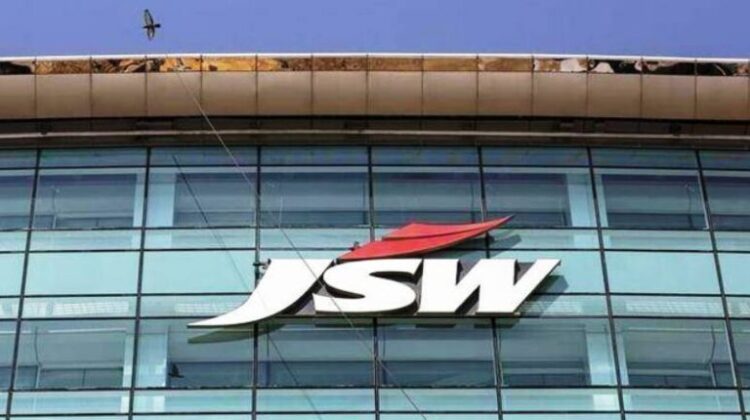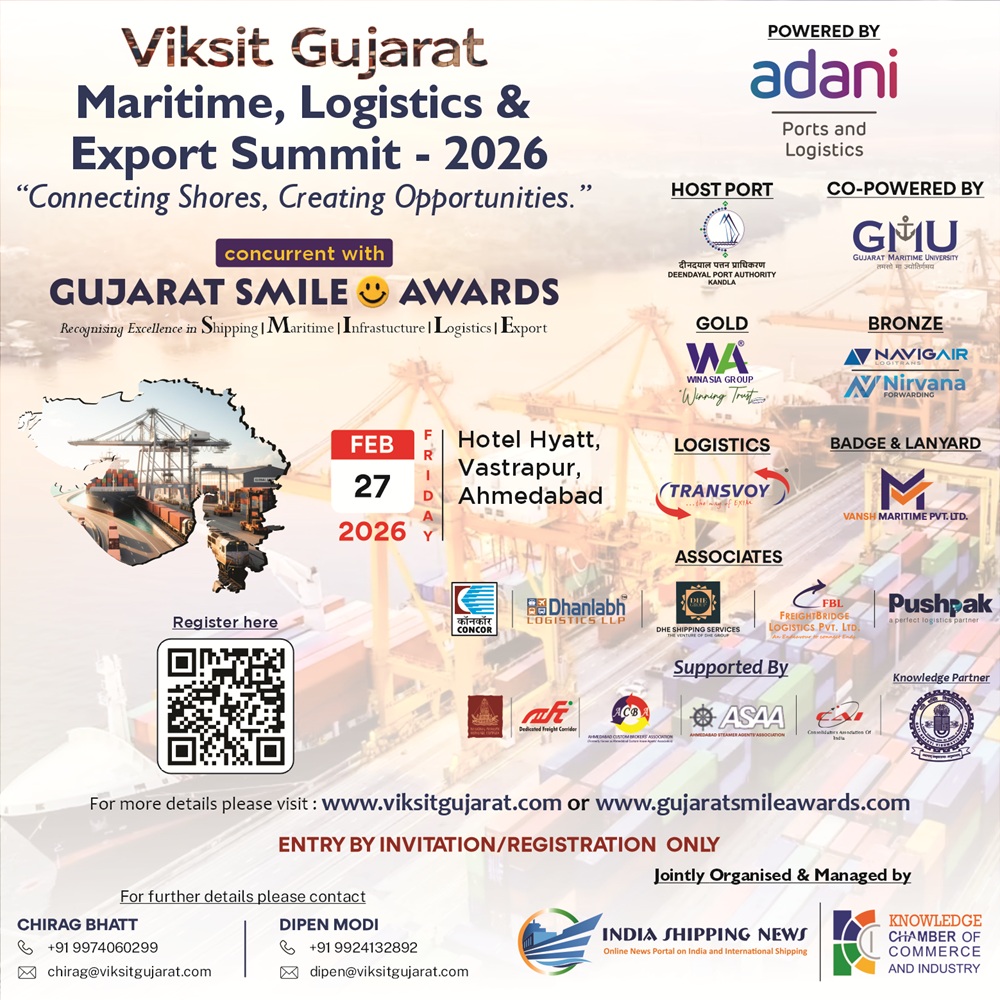
JSW Infra helps Karnataka Govt avoid a setback; emerge lone bidder for a new port at Keni
BENGALURU : JSW Infrastructure Ltd, the port’s unit of Sajjan Jindal-led JSW Group, has saved the Karnataka Government from a setback by emerging the lone bidder on a tender to construct and run a new port at Keni, one of the two new ports planned by the Southern state with private funds.
The tender for a greenfield port at Pavinakurve did not elicit any bids.
Adani Ports and Special Economic Zone Ltd (APSEZ), India’s biggest private port operator, which was expected to participate in the bids, stayed away.
“One eligible and successful bidder has emerged for Keni port,” said a Karnataka government official involved in the tendering process, indicating that JSW Infrastructure was the only entity to place a bid.
The planned port at Bhavikeri Keni village in Ankola taluka of Karnataka’s Uttara Kannada district is estimated to cost Rs4,118.84 crores. It will be built to handle 30 million tonnes (mt) of cargo in the first phase which can be expanded to 56.5 mt based on demand.
The Karnataka government is yet to decide on the bid submitted by JSW Infrastructure, the official said.
“The single bid will be submitted to the Karnataka Maritime Board for consideration,” he added.
The official said that the single bid was not a hindrance in processing the tender. “We have taken the stand that a single bid will be accepted as long as the reserve price for the project is met,” he added.
The tender will be decided on the basis of royalty per metric ton (mt) of cargo handled at the port: the entity quoting the highest royalty per metric ton of cargo to the Karnataka government will win the deal for 30 years. The royalty per metric ton of cargo will be indexed fully to the variations in the Wholesale Price Index (WPI) annually.
The proposed Pavinakurve port, expected to cost Rs3,047.86 crores, is located on the banks of Sharavathi and Badagani rivers near Pavinakurve village in Honnavar taluka of Uttar Kannada district.
“We have closed the tender for Pavinakurve port because the deadline has ended without receiving any bids.
We have not given further extension of time and as no eligible bids are there, that process is over now,” the official mentioned earlier said, adding that the government will look at “other options” to develop Pavinakurve port.
Port industry sources said that the “stringent conditions” stipulated by the Karnataka government for the projects discouraged bidders.
For instance, the onus on securing the key environmental and coastal regulation zone clearances, land acquisition for the port as well as for constructing rail, and road connectivity to the ports and the cost of acquiring the land, is with the private developer.
The tender also sets out performance parameters such as dwell times and minimum guaranteed cargo, which are unheard of in the structure followed by other coastal states for developing greenfield ports.
For Keni port, the minimum guaranteed cargo has been set at 2.5 million tonnes (mt) in the first year of operations, 5 mt in the second year, 7.5 mt in the third year and 10 mt from the fourth year till the end of the concession.
In the case of Pavinakurve, the minimum guaranteed cargo is 5.6 mt in the first year of operations, 7 mt in the second year, 8.4 mt in the third year and 9.8 mt from the fourth year onwards till the end of the concession.
In the event of a shortfall in achieving the minimum guaranteed cargo for any particular year during the concession period, the private operator will pay the royalty for the shortfall in the MGC to the state government.
The State government has also stipulated dwell time for handling import containers, truck loadings, vessel turnaround, berth productivity, ship handling productivity and crane productivity for both the port projects.
The private operator will have to pay damages to the State government for shortfall in average performance during a quarter.
“The attractiveness of the port projects was also hit by the absence of rail connectivity for evacuating cargo which will take years to build,” said a port industry consultant.
Keni port is proposed to be developed on reclaimed land along the coast of Bhavikeri Keni village in Ankola taluka. The planned port is strategically located between two operational Union government owned major ports: Mormugao Port in the north and New Mangalore Port in the south.
Keni will be built to serve industries in the North Karnataka region covering Bellary, Hosapete, Hubballi, Kalaburagi and South Maharashtra.
The proposed ports’ hinterland comprises mainly coal and coke cargo which are used by steel, cement, and power plants, per traffic assessment studies. It will also cater to iron ore, limestone, dolomite handlings and export of finished steel products. Considering other cargo such as bauxite, gypsum, clinker, cement, agricommodities and finished steel products, the total estimated traffic for the port of Keni is expected to be 27.10 mt in the medium term (7-10 years) and 56.50 mt in the long term (10-20 years), according to the
tender document.
Keni also has potential for handling liquid bulk (LPG, LNG, Chemicals, POL, Crude) and containers.
The port will be dredged to handle Capesize vessels that can carry up to 2,00,000 tons and the dredged material will be used to create a back up area of about 500 acres.
Land acquisition or displacement is not envisaged for the port except for the road and rail connectivity. The construction of Keni port would require about 200 hectares of land reclaimed from the foreshore land area.
Road connectivity to the port will require 26.2 hectares while the rail link will need 17.9 hectares.
The Karnataka government will assist the port developer in building road and rail connectivity by utilizing Central government schemes such as Sagarmala, Bharatmala and PM Gati Shakti.

